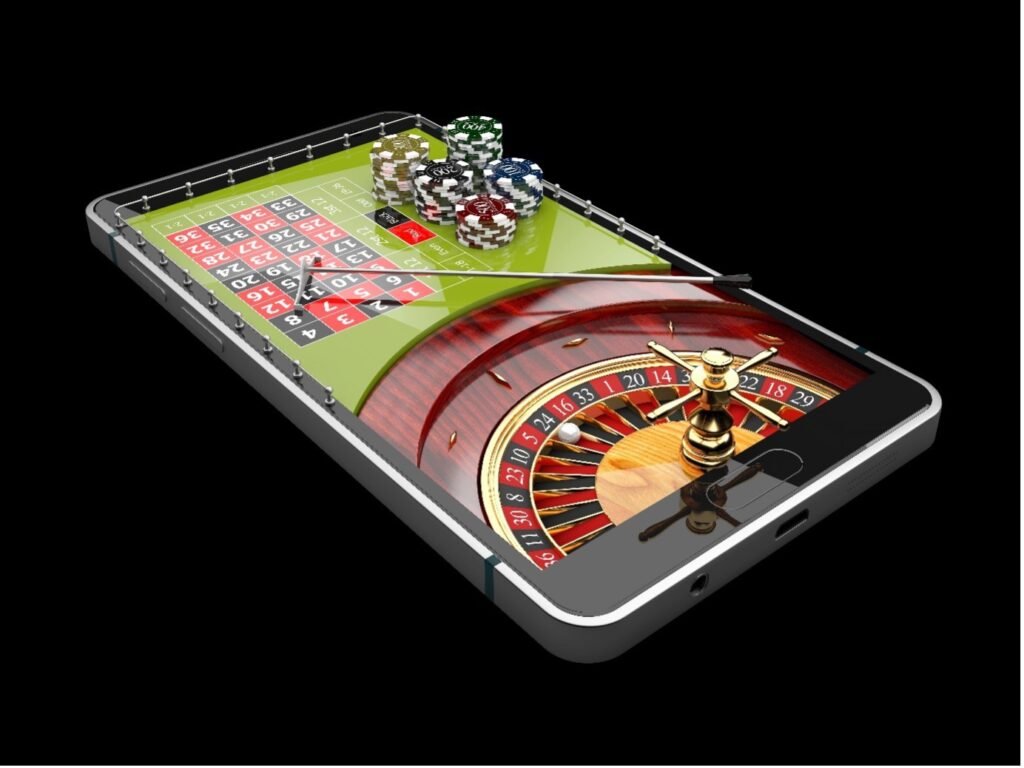
The wonderful game of Roulette is a popular casino classic, and now, thanks to continuous advancements in technology, it’s been brought to players worldwide through online casino gaming. At an online casino UK, you’ll find plenty of versions to grab your attention, from games with low stakes to high, classic Roulette rules to modern variants, and even live Roulette, bringing you the perfect mix of a land-based casino atmosphere and online convenience. But as you play online casino, have you ever wondered about the where, when and how of Roulette? Read on as we run you through the history of this favourite casino game.
The name Roulette derives from the French term to mean ‘little wheel’ or ‘small wheel’, and is believed to have been conceived as somewhat of a by-product by French mathematician, physicist and inventor, Blaise Pascal in his pursuits to create a perpetual motion machine in the 17th century – a machine that hypothetically could work infinitely without an external energy source.
Others have thought that ancient concepts of the game could have also contributed to the formation of Roulette, with gambling games between soldiers in Ancient Rome and Greece featuring a spinning shield or chariot wheel with painted on symbols.
However, the origin of Roulette is mainly contributed to the French 17th century version, although it was in its basic form – the game then took on influences, in terms of its design and gameplay, from other European games: Roly Poly/Even-Odd and Biribi.
Biribi, also originating in France and played across both its native country and Italy, was played in the 1700’s and consisted of a game of chance – a similar concept that was translated onto the game of Roulette. It’s aim for players was to bet low stakes on one number on a board that was marked with numbers one to 70. The dealer or banker, would then pick a ticket from a bag to reveal one of the numbers – if the same number bet on is picked then you would win the pay-out.
Roly Poly, sometimes known as an alternative name for Even-Odds depending on the historical source, is a British game involving a wheel and ball, just like that in Roulette. However, instead of numbered pockets, there were 20 sections labelled E for even and 20 sections marked O for odd. Some sources refer to Roly Poly as another name for Roulette, and it’s clear to see where the influences have come from to form the modern version we know of today.
The traditional game of Roulette became particularly popular in gambling houses of Monaco in the late 18th century, as introduced by Prince Charles of Monaco. This version of the game is almost identical to that of which we play now, with red and black coloured pockets on the wheel, ranging from numbers one to 36, and with similar betting options.
European Roulette can be credited to two Frenchman, Francois and Louis Blanc. They pioneered the Roulette wheel with one zero pocket only, travelling Europe with this version and heightening its popularity. Players revelled in the lower house edge presented by the single zero style of wheel.
Roulette then developed again as time progressed, with French migrants taking the game to casinos of America. American Roulette was formed, reintroducing the double zero pocket to increase the house edge. Some early American versions also featured a slot emblazed with an eagle or liberty bell, but the double zero style was dominant across the United States.
From there, Roulette then took the world by storm, with these two versions remaining prominent in land-based casinos. Until 1996, when an online casino made it possible to play online Roulette for the first time ever. Since then, online versions of Roulette can be played anywhere and at any time, all with smooth gameplay on your device. With the classic American and European Roulette now available to play online, as well as modern variants and extravagantly themed games, the popular game of Roulette has certainly withstood the test of time.



